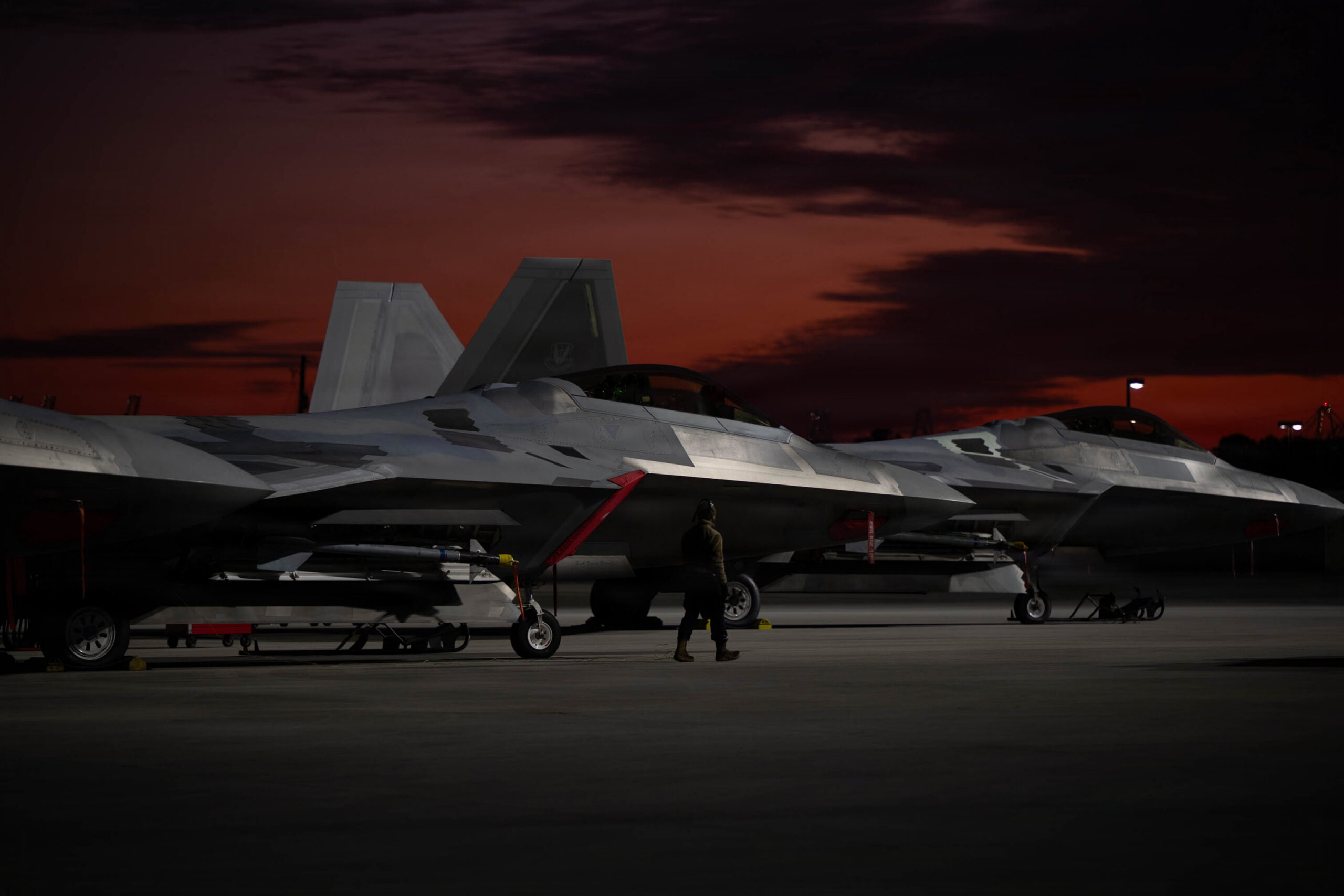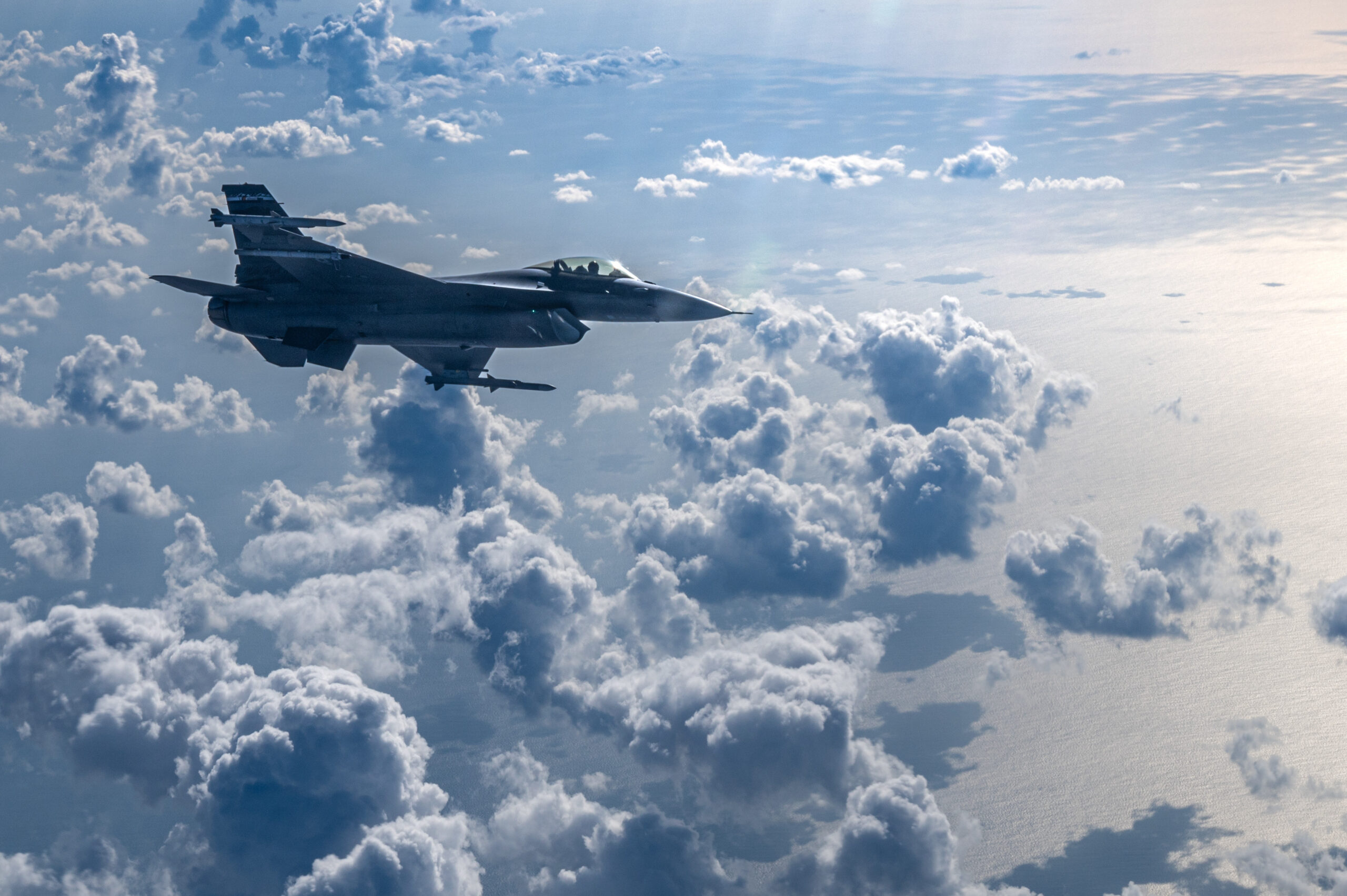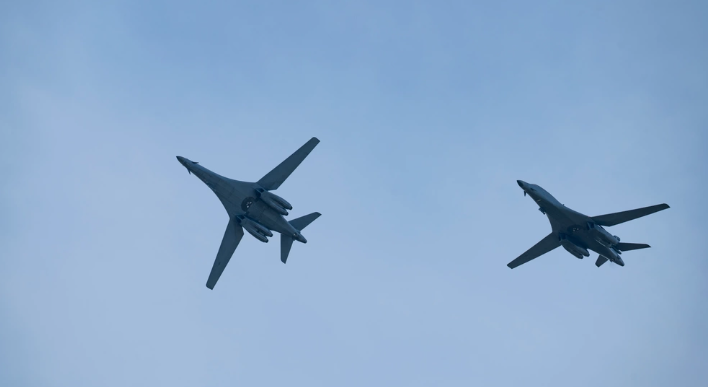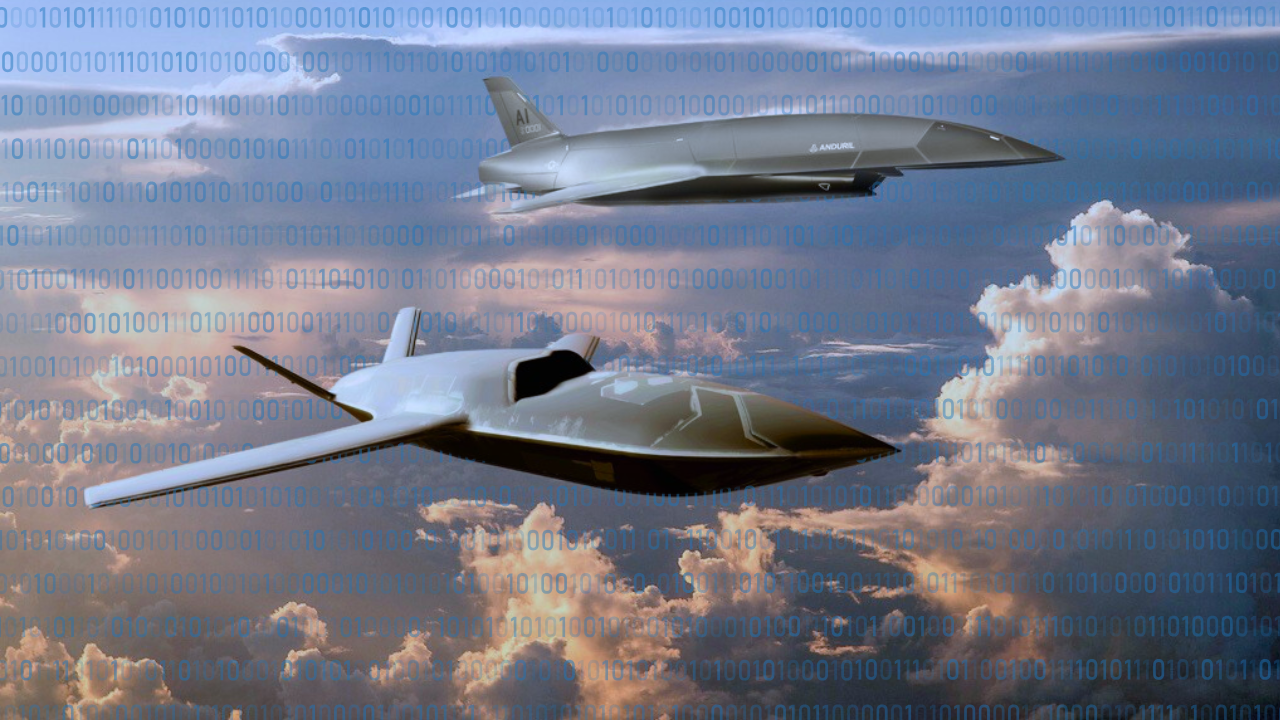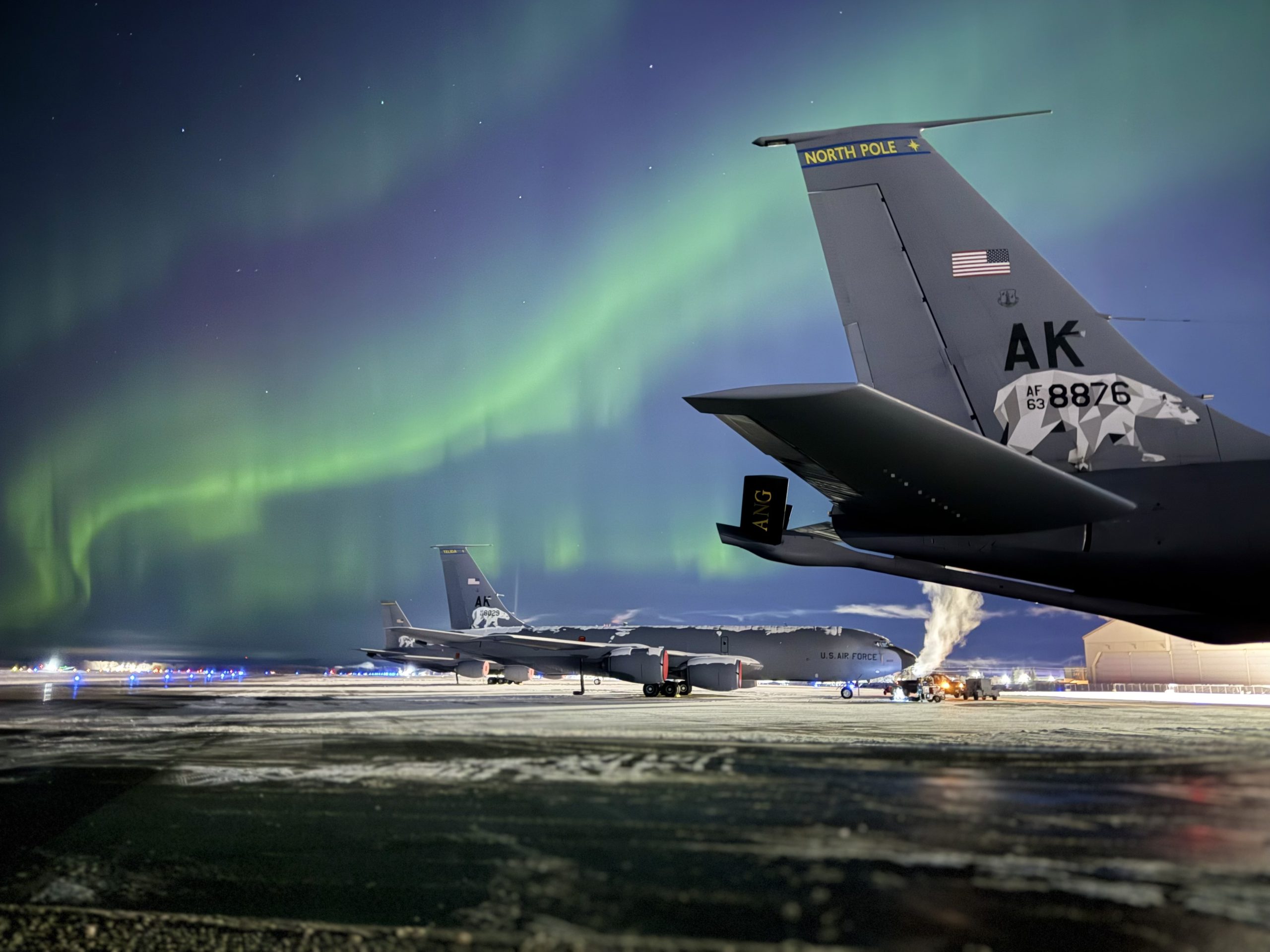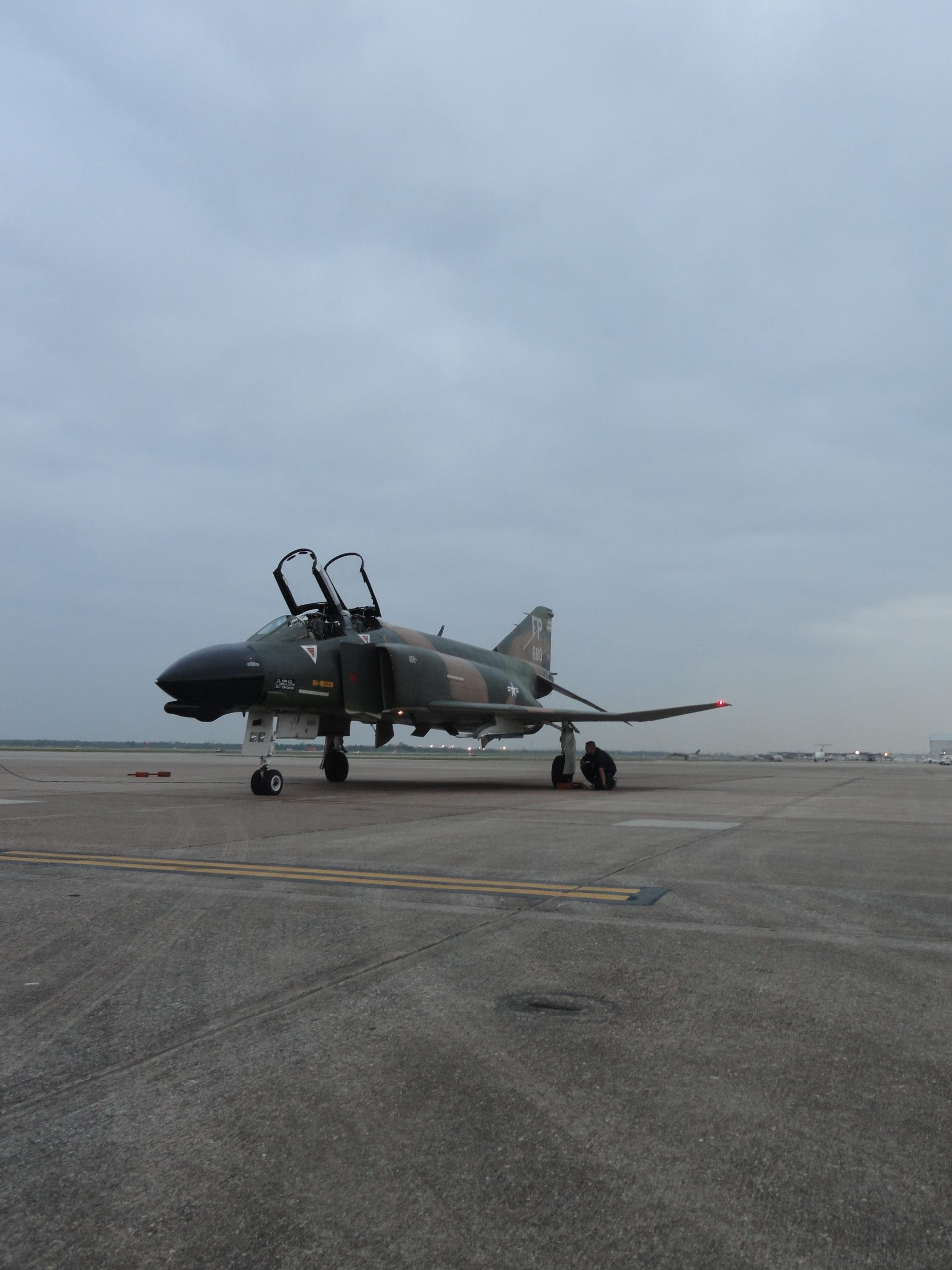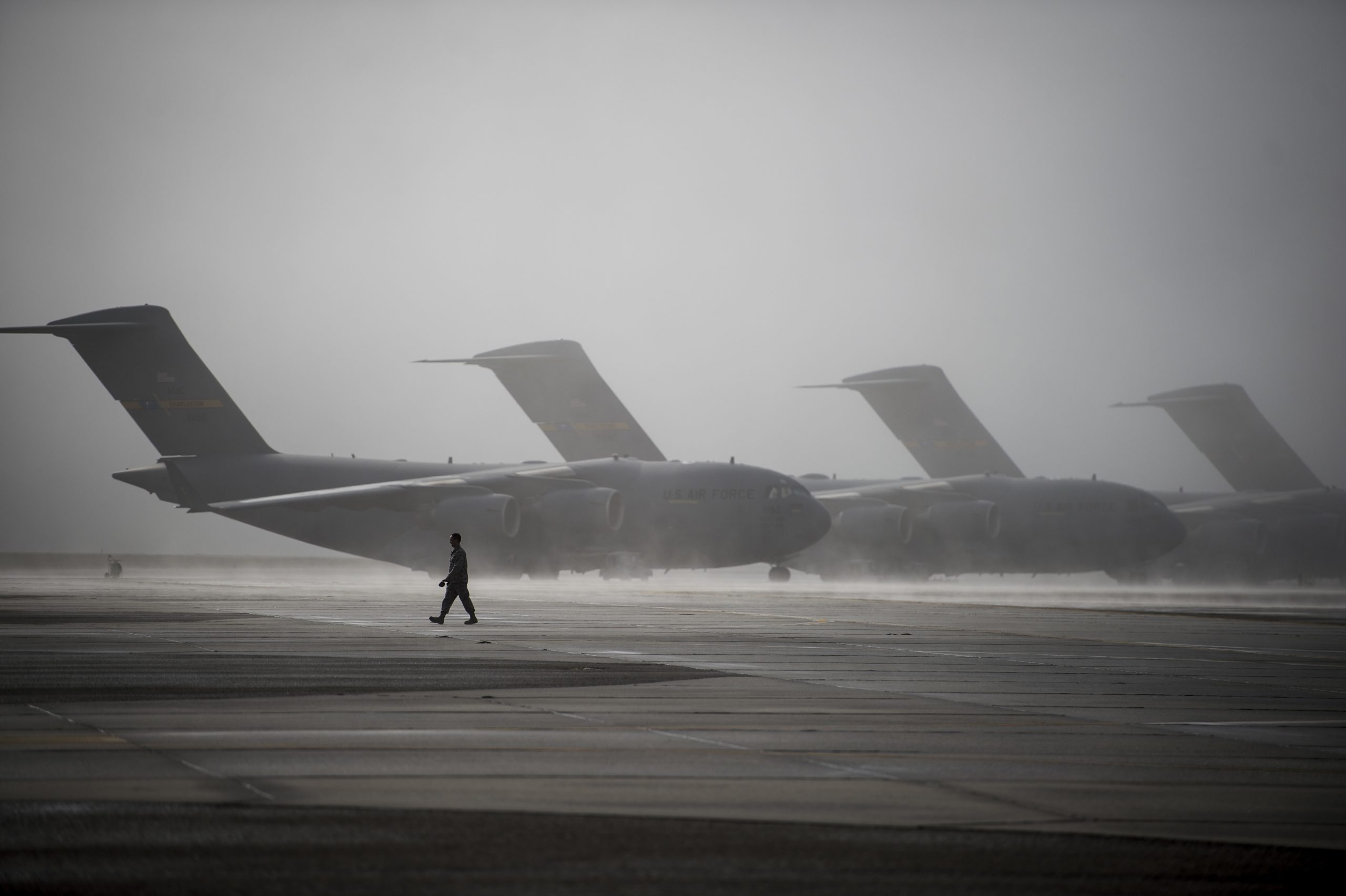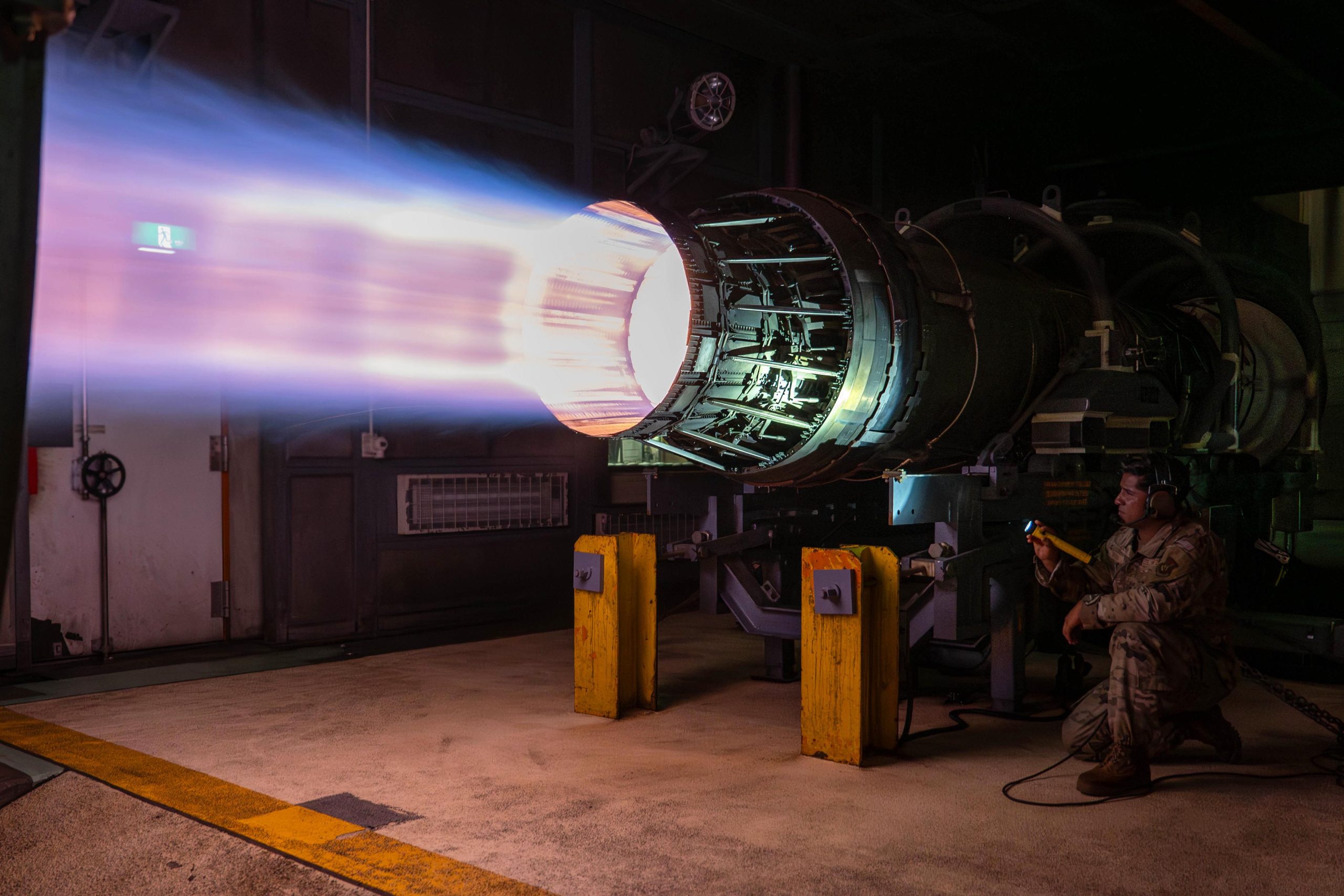Autonomy and artificial intelligence are going to have a massive impact on warfighting. Success will demand effectively coordinate with human teammates, rapidly adjusting to a dynamic threat environment, adhering to commander’s intent, and affording sufficient insight for legal and reliability analysis. Heather Penney chats with a team of AI experts and former warfighters about these factors, including Robert “Bobaloo” Rickard and Mark “Drifter” Valentine.
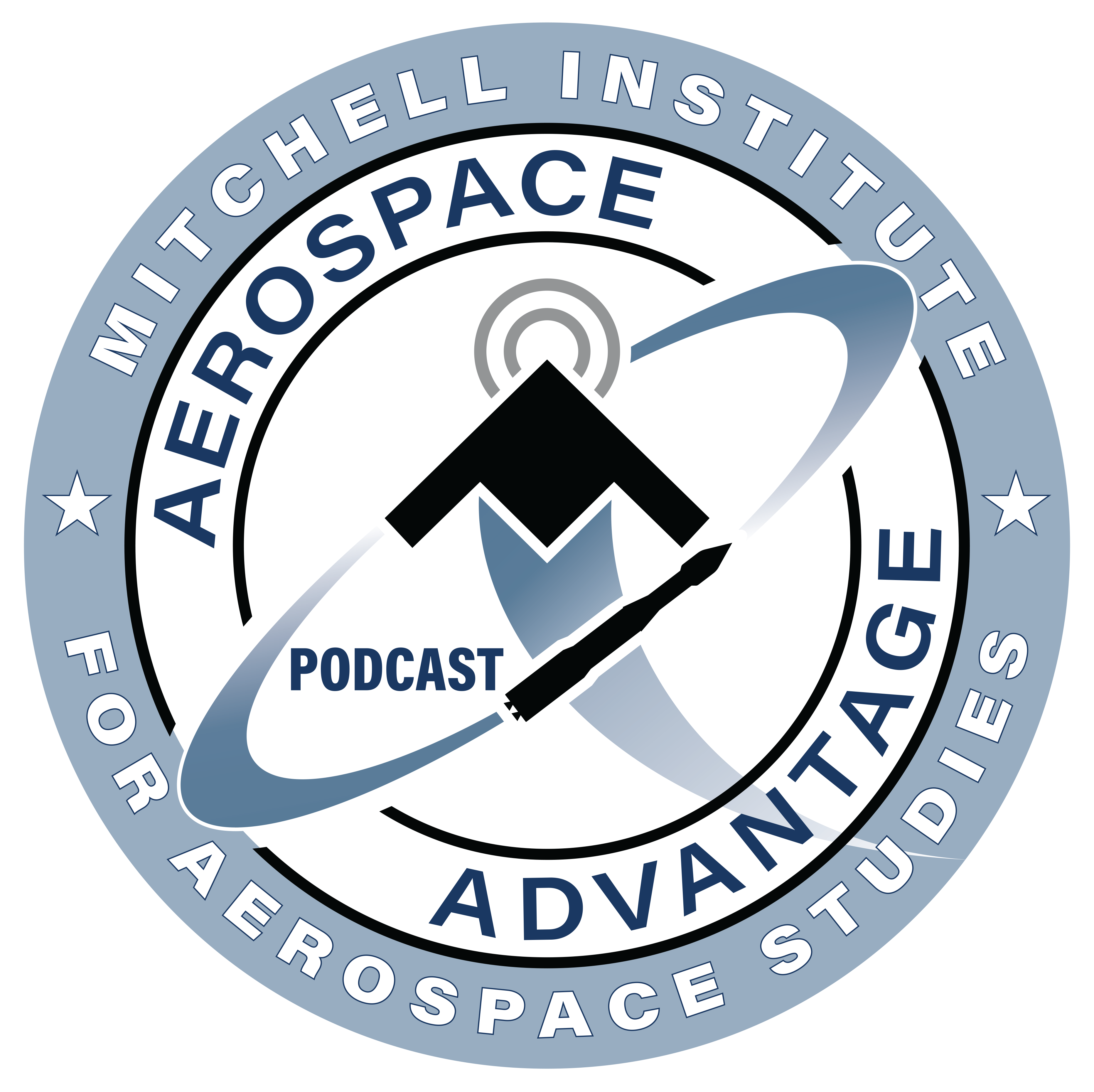
Since the end of the Cold War, Air Force resource shortfalls have hit the fighter inventory hard. Fewer tails carry more sortie demand, which is a recipe for burnout. It’s time for a course correction. We explore this crucial topic with Brig. Gen. Shannon “Sinjin” Smith, Commander of the Idaho Air National Guard.

Ep. 276 - The Rendezvous
National Defense Strategy, Budget News, and Spacepower Update: The Rendezvous
In this episode, our team explores the top defense issues in Washington, D.C. and beyond. Topics include a defense budget update, the new National Defense Strategy, Department of the Air Force acquisition reforms, plus the latest in spacepower—everything from the SDA tracking layer to congestion with launch.
Global Reach, Global Power—you can’t exercise that without Air Force bombers. We explore the long-range strike mission with longtime B-1 pilot and recent 9th BS commander Lt Col Ryan “Duke” Stillwell.
The global security environment is near a fever pitch, but China remains the focal threat facing the United States. The dominant issue shaping that challenge is Taiwan. Join us for an in-depth assessment as Mitchell Institute’s Mike Dahm discusses his recent trip to the region.
Heather Penney explores collaborative mission autonomy with Steve Fino and Ryan Bunge of Collins Aerospace. This is the technology that teams a crewed aircraft with an uncrewed aircraft, which unlocks greater mission effects than what either plane could realize on its own.
Space superiority is essential to U.S. national security. Jennifer Reeves discusses her recommendations from her new policy paper, Charting a Path to Space Superiority: The Cross-Domain Imperative, with Director of Global Space Operations, Maj. Gen. Anthony J. Mastalir.
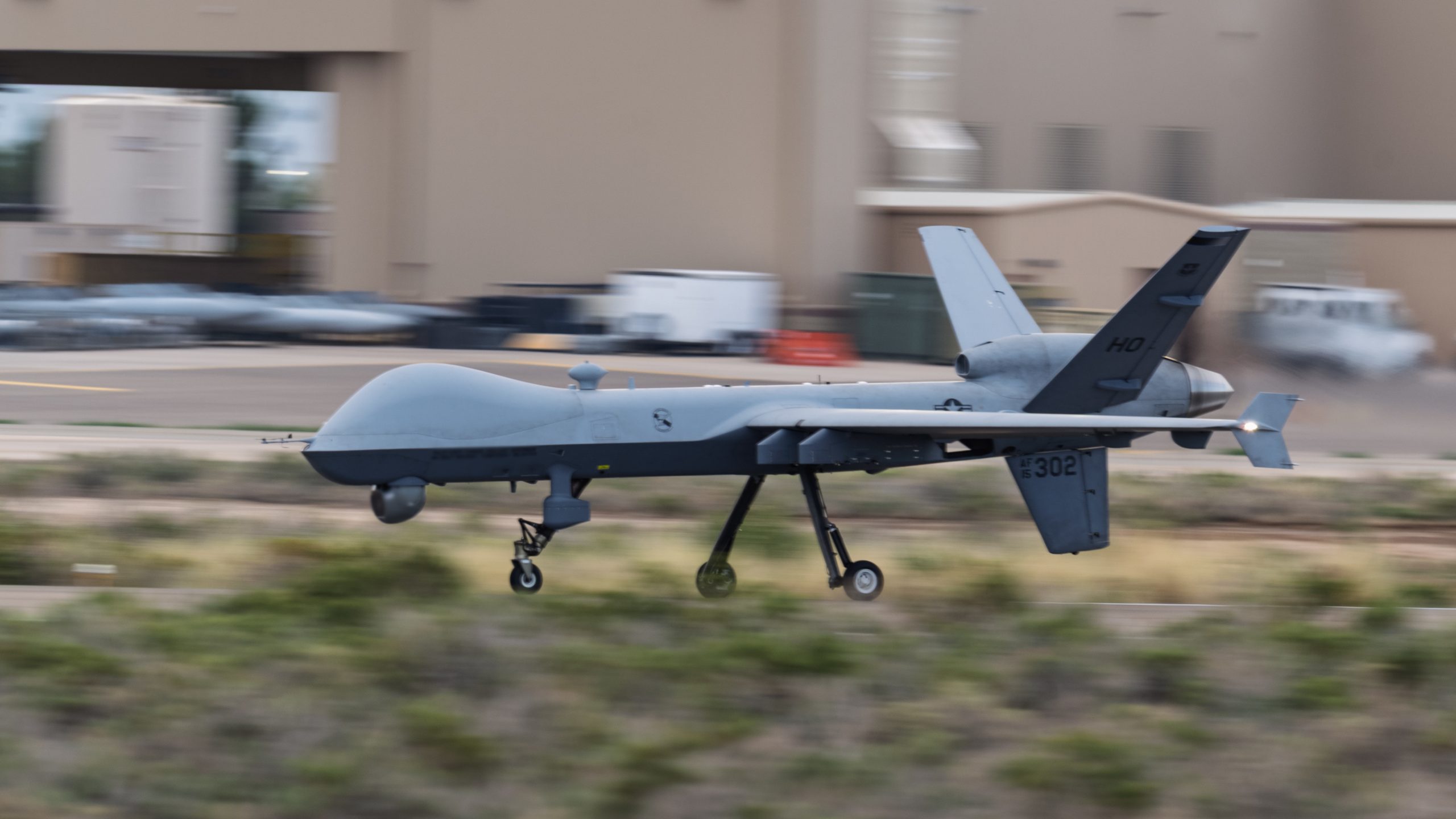
Ep. 271 - The Rendezvous
National Security Strategy, CCA Developments, & Defense Predictions for ’26: The Rendezvous
National Security Strategy, Air Mobility Command’s new airlift recap plan, and the new STRATCOM commander. Plus, CCAs, the biggest take aways for 2025, and what we predict will shape defense in 2026.
Over the holiday season, we decided it was time to kick back and reflect upon the high adventures of past years. Gen. Kevin P. Chilton, USAF (Ret.), Brig. Gen. Houston Cantwell, USAF (Ret.), and Kyle Pumroy share some of their most memorable experiences from their time in uniform.
Over the holiday season, we decided it was time to kick back and reflect upon the high adventures of past years. Lt. Gen. David. A. Deptula, USAF (Ret.), Lt. Gen. Burton Field, USAF (Ret.), JV Venable, and Heather Penney share some of their most memorable experiences from their time in uniform.
We chat with Ace Colonel Chuck DeBellevue, USAF (Ret.) as he reflects upon Major Bob Lodge, a fighter pilot from the famed 555th Fighter Squadron who made the ultimate sacrifice over North Vietnam. Lodge developed cutting edge tactics, harnessed new technologies, and personally took the fight to the enemy in ways that were truly above and beyond.
The U.S. Air Force doesn’t have enough airlift. Today’s inventory is half the size of what it was in the Cold War, but current demands are far higher and more complex. This isn’t just an Air Force problem; it impacts the entire Department of War.
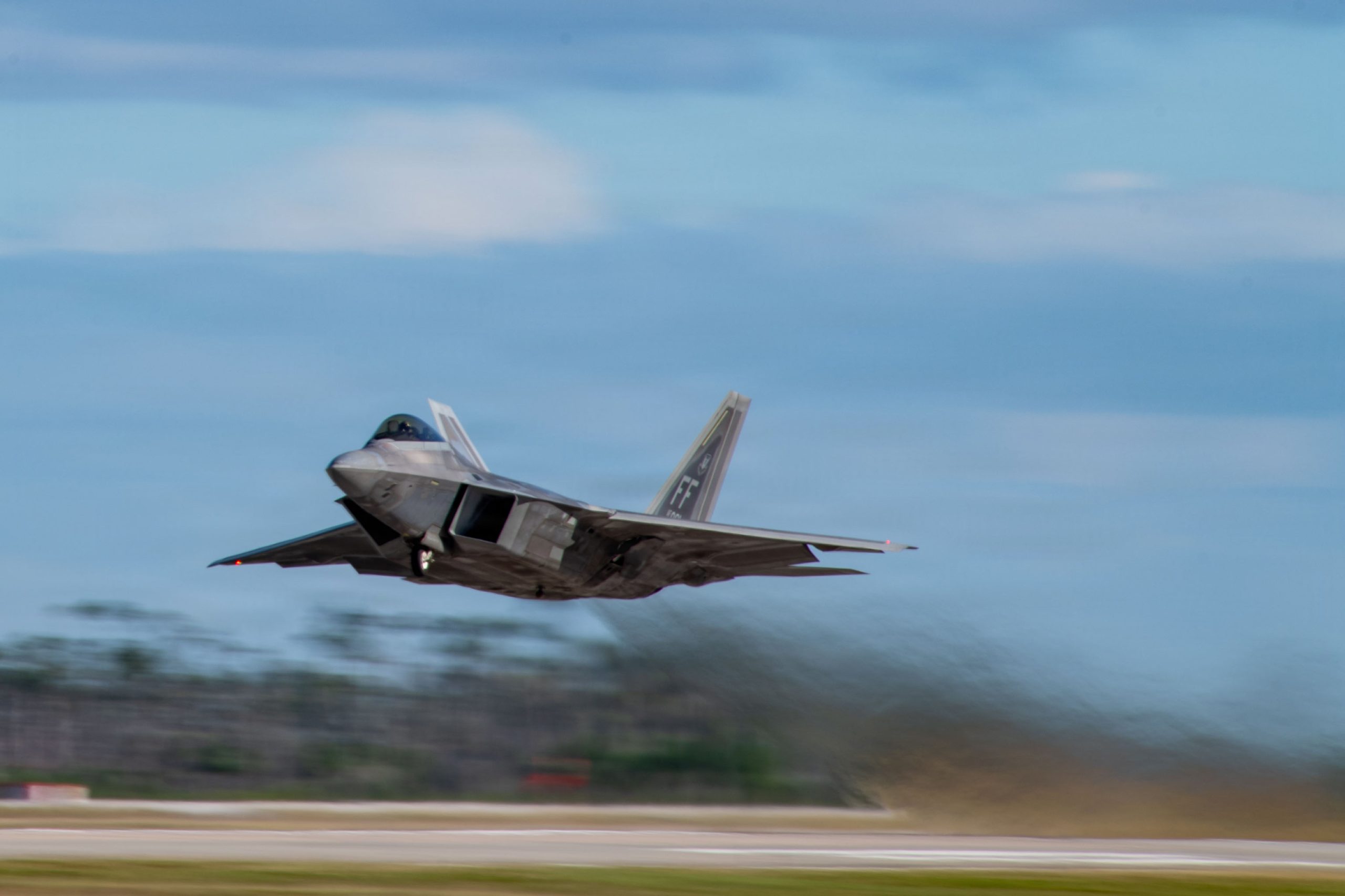
Ep. 266 - The Rendezvous
Fighter Update, Vector 2025, and CSAF Priorities: The Rendezvous
In this episode, our team explores the top defense issues in Washington, D.C. and beyond. Where do the defense bills stand? What’s up with the new Air Force fighter force structure report, plus Secretary of War Hegseth’s acquisition speech? We also explore Gen. Wilsbach’s new priorities, F-35s to Saudia Arabia, as well as Lt. Gen. White’s nomination for a new job as DRPM. The conversation also covers the Space Force, including Vector 2025, the creation of Combat Forces Command, and new developments regarding their test and validation requirements.
Now that space is a warfighting domain, the Space Force and Space Command must pursue capabilities and operational concepts that increase resilience and effectiveness.
Most of the Air Force’s aircraft are flying with engines designed during the Cold War. That’s why the service is pursuing a new generation of engines. We talk with Lt. Gen. Steve Shepro, USAF (Ret.) of Pratt and Whitney to learn more.

